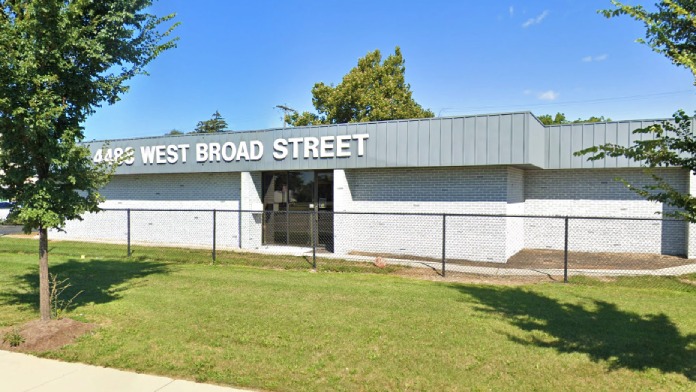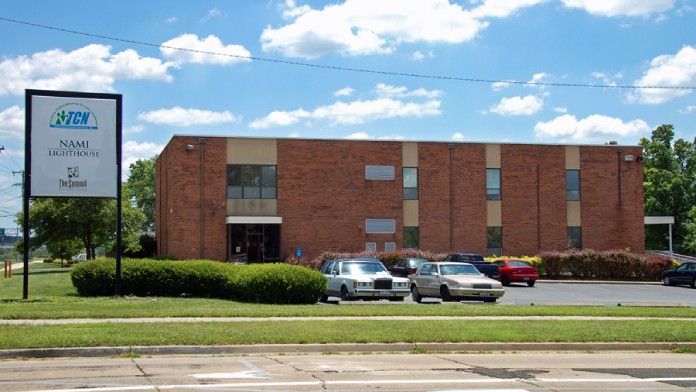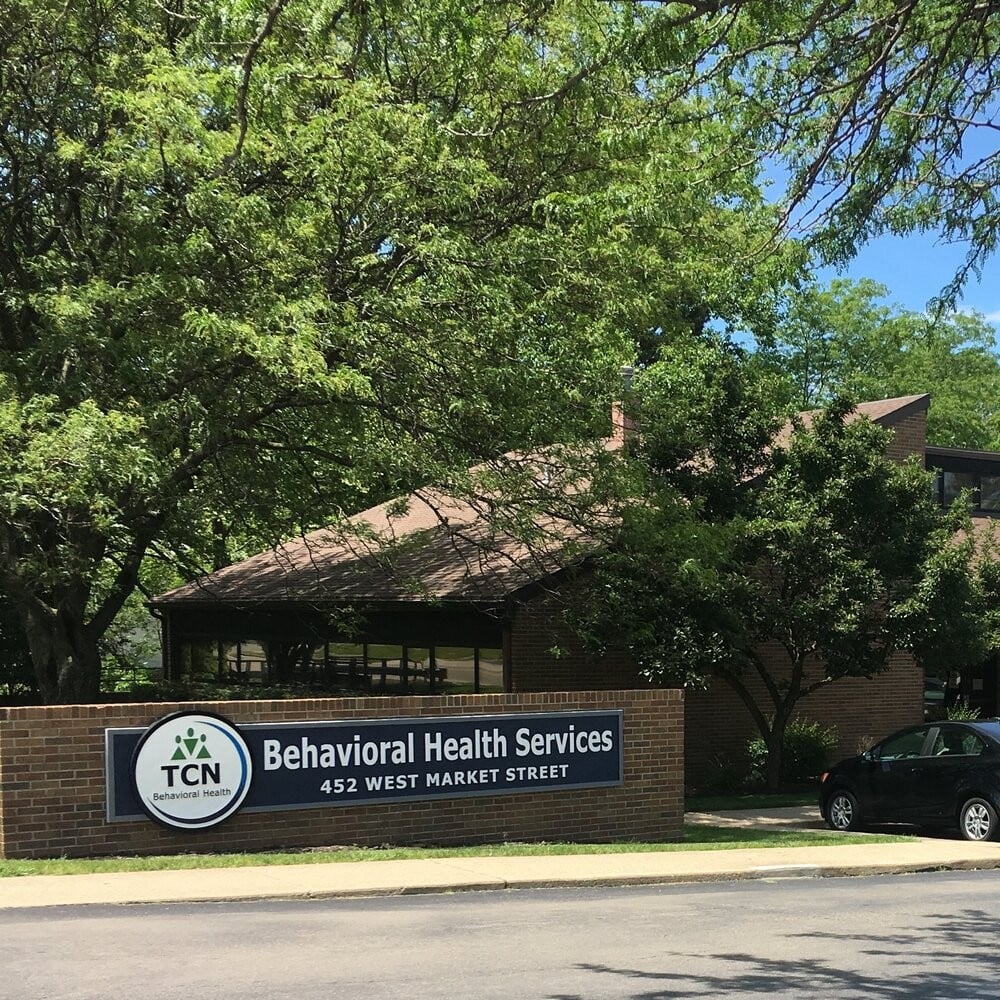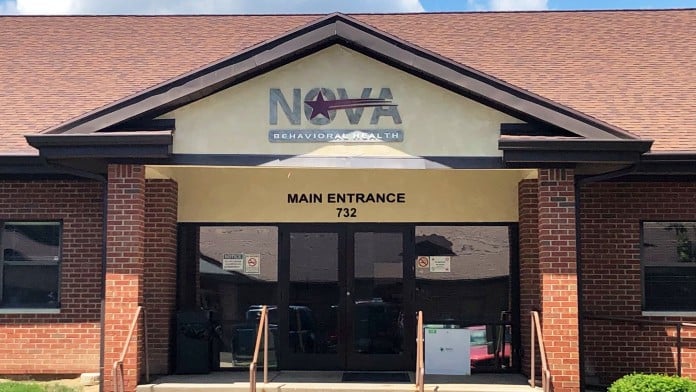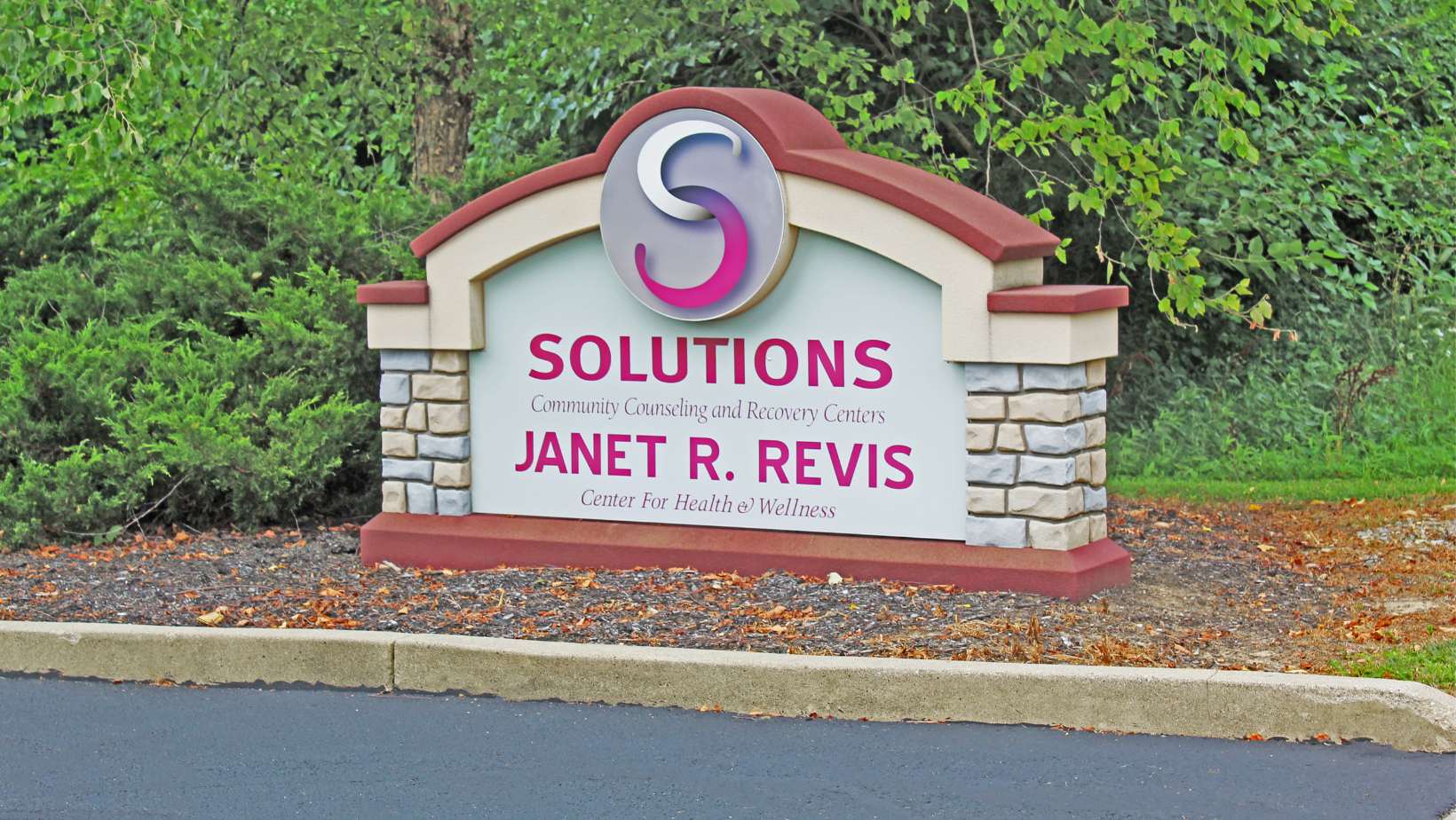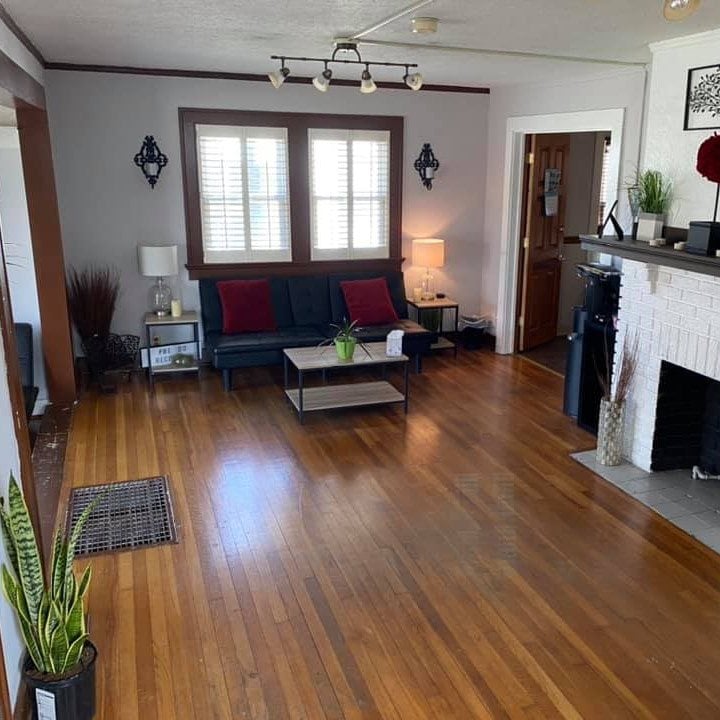About Project CURE – Daruma Parkway
Project C.U.R.E., Inc. (Curative, Ultimative, Rehabilitative, Efforts) was a non-profit drug rehab program in Dayton, Ohio. Before they closed in July of 2024, they helped individuals living throughout Montgomery County who were experiencing opioid addiction and issues with alcohol abuse. While they were open, they were licensed and certified by the Ohio Mental Health and Addiction Services (OMHAS).
A Whole Person Approach to Recovery
Their dedicated medical team included doctors and nurses trained in addiction medicine. They understood chemical dependency and were deeply committed to each client’s success in recovery.
Clients started treatment with a comprehensive health evaluation. Clients dealing with opioid use had access to methadone to help manage withdrawal symptoms and get a grasp on changing their lifestyle to be able to live a drug free life.
As part of of treatment, clients also participated in counseling where they learned how to stay clean.
The medical team focused on more than just methadone administration. They genuinely cared about the overall health of every client. Staff at the clinic also worked with partner agencies to make sure clients had access to free Hepatitis testing and vaccinations, as well as TB and HIV testing.
Comprehensive Outpatient Care for Lasting Recovery
The outpatient program helped people get their lives back on track. Counselors provided the right tools and support to help make lasting changes. They worked closely with every client to figure out what worked and how to stay focused.
Recovery wasn’t just about kicking the habit. It was about rebuilding life, step by step, and believing it was possible.
The program at Project C.U.R.E. helped many people, but the closure of the Daruma Pkwy location made it tough for clients to adjust and lose the familiar connections they built over the years. The sense of community played an important role in their recovery, and it’s sad to see those relationships disrupted.
Latest Reviews
Rehab Score
Gallery
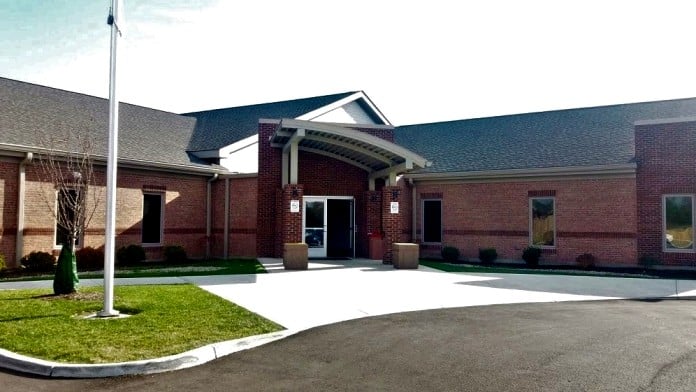
Accepted Insurance
Other Forms of Payment
Medicaid is a state based program that helps lower-income individuals and families pay for healthcare. Medicaid covers addiction treatment so those enrolled can use their coverage to pay for rehab. When a program accepts Medicaid the client often pays very little or nothing out of their own pocket.
Medicare is a federal program that provides health insurance for those 65 and older. It also serves people under 65 with chronic and disabling health challenges. To use Medicare for addiction treatment you need to find a program that accepts Medicare and is in network with your plan. Out of pocket costs and preauthorization requirements vary, so always check with your provider.
Addiction Treatments
Levels of Care
 Intensive Outpatient
Intensive Outpatient
Treatments
Substance rehabs focus on helping individuals recover from substance abuse, including alcohol and drug addiction (both illegal and prescription drugs). They often include the opportunity to engage in both individual as well as group therapy.
Clinical Services
Cognitive Behavioral Therapy (CBT) is a therapy modality that focuses on the relationship between one's thoughts, feelings, and behaviors. It is used to establish and allow for healthy responses to thoughts and feelings (instead of unhealthy responses, like using drugs or alcohol). CBT has been proven effective for recovering addicts of all kinds, and is used to strengthen a patient's own self-awareness and ability to self-regulate. CBT allows individuals to monitor their own emotional state, become more adept at communicating with others, and manage stress without needing to engage in substance abuse.
Research clearly demonstrates that recovery is far more successful and sustainable when loved ones like family members participate in rehab and substance abuse treatment. Genetic factors may be at play when it comes to drug and alcohol addiction, as well as mental health issues. Family dynamics often play a critical role in addiction triggers, and if properly educated, family members can be a strong source of support when it comes to rehabilitation.
